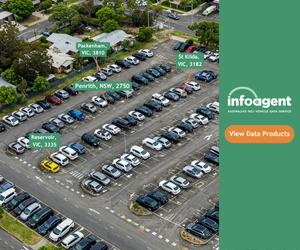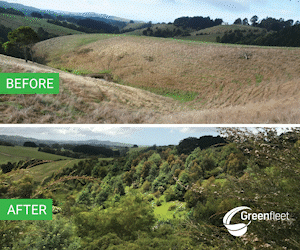The objective for an organisation’s fleet is to eliminate all preventable accidents and near misses. Striving for this outcome ensures vehicle operation, a far too common cause of injury, death and damage, keeps employees, their families and the community as safe as possible.
‘Driver training’ is not simply correcting poor driving habits or learning how to avoid orange cones. It includes skill assessment, practical vehicle handling and training, identifying, avoiding and dealing with hazardous situations on the road in the vehicular workplace.
The company or organisation must embrace driving programs as a staunch effort to improve vehicle operation abilities in emergency situations, developing extra-curricular skills to avoid accidents regardless of fault or cause and in varying, unpredictable conditions. Giving employees education on the operation of vehicle technologies, safety aids and overall handling of certain and often multiple vehicle types must be undertaken to improve road safety.
Staff that drive for business purposes, including leased or hired vehicles, must undergo baseline assessment of their physical driving capabilities to ensure an adequate level of competence and accurately consider the need for additional improvement.
An induction program is a resolute method for gathering this information and ensuring any employee’s time behind the will does not go unfiltered. Induction also allows for thorough introduction to the vehicle fleet, its nuances and vagaries regarding safety features, functions and limitations etc. Remedial training based on driving record and behaviour should be undertaken in a timely manner based on active evaluation and driver performance, keeping records at all times.
How are you faring? Visit the AFMA website and scroll for the link below












